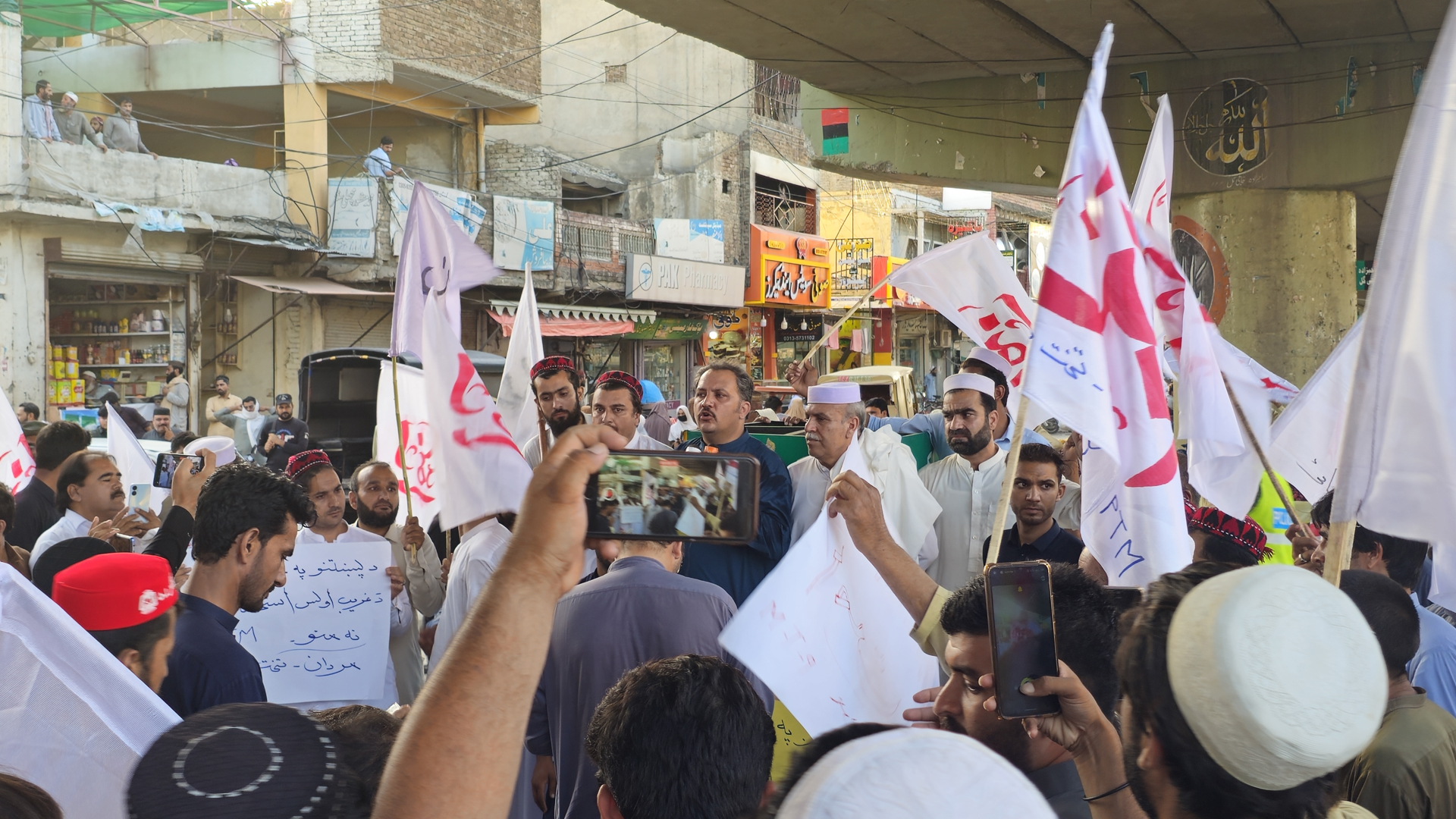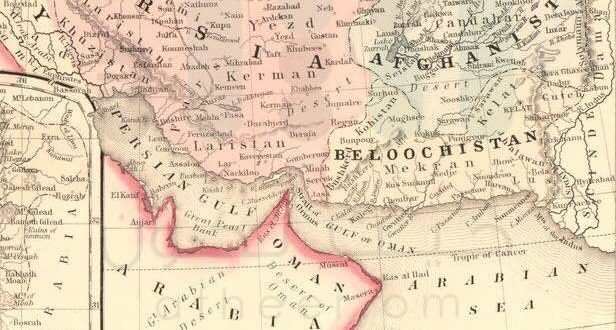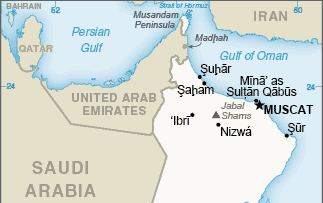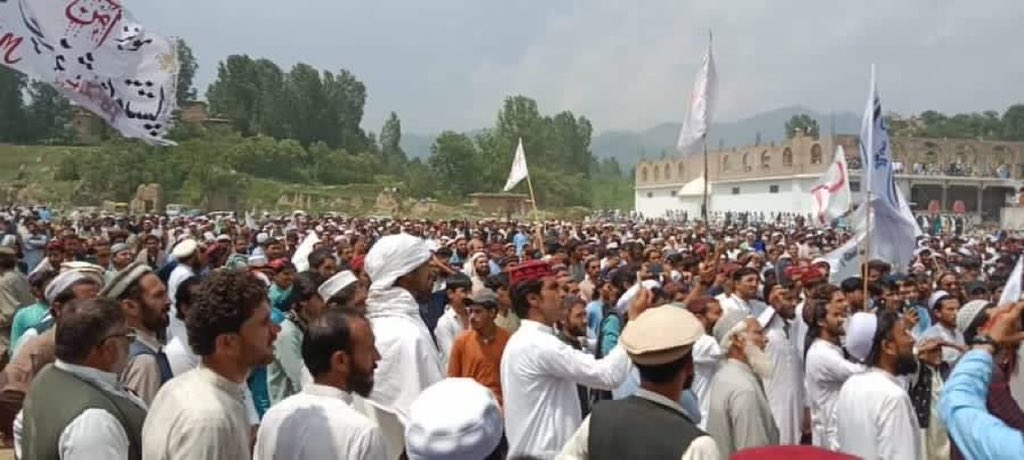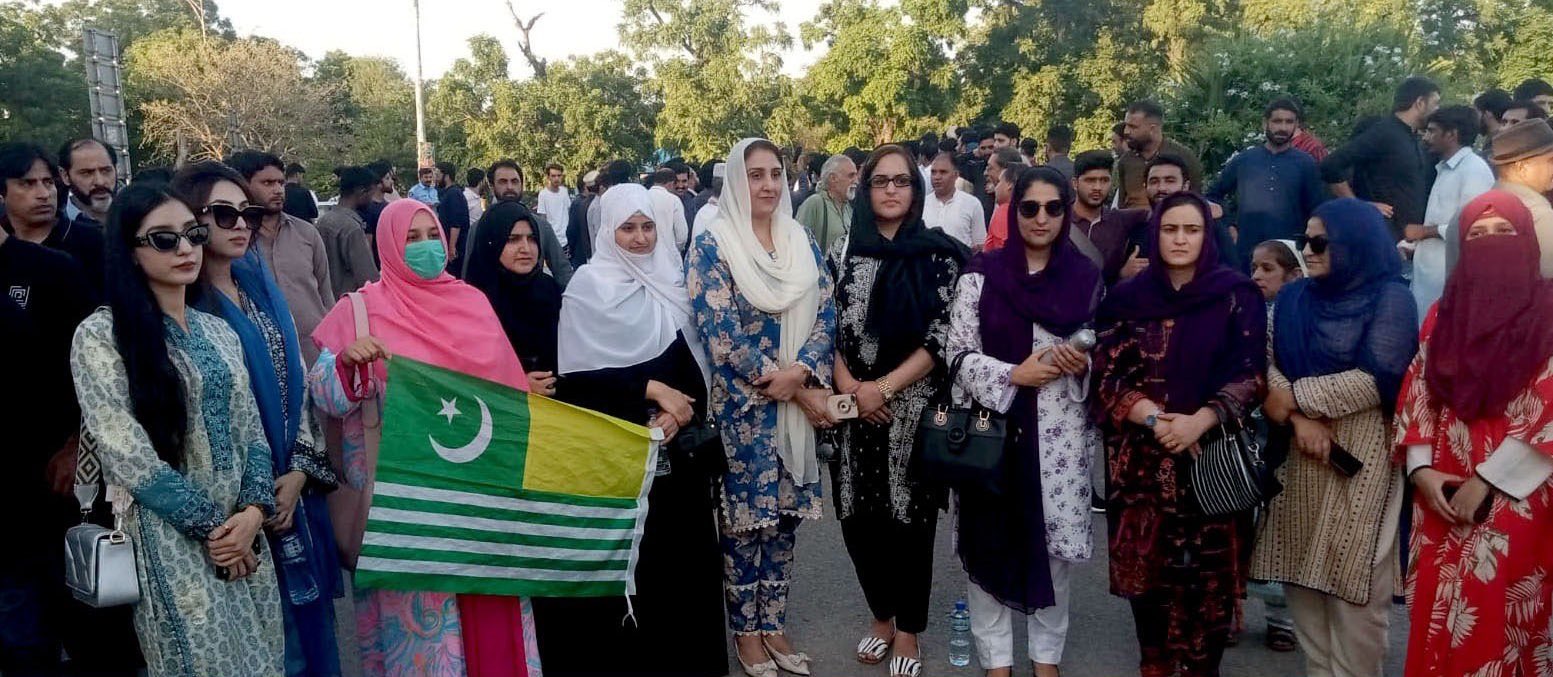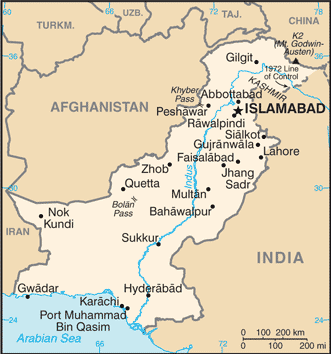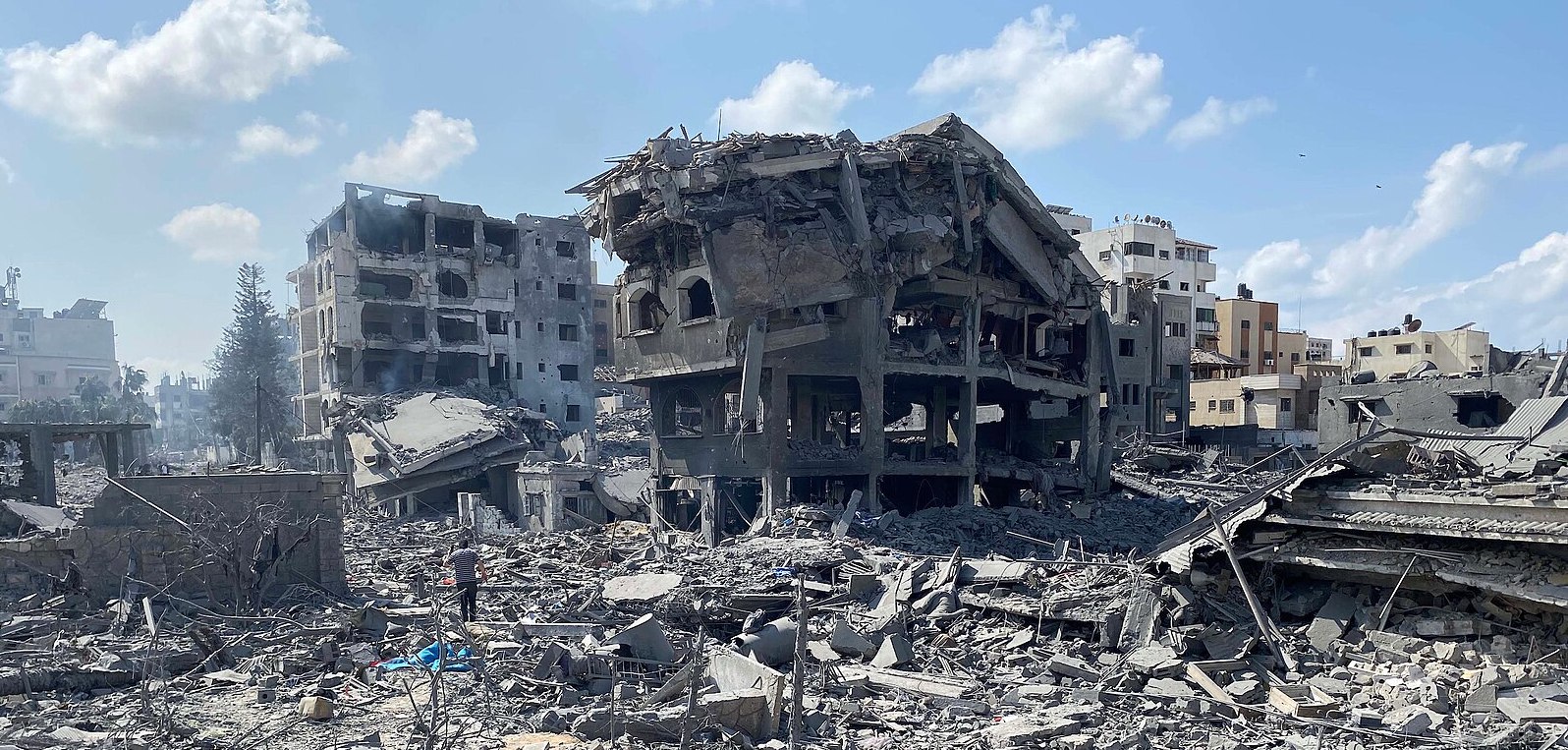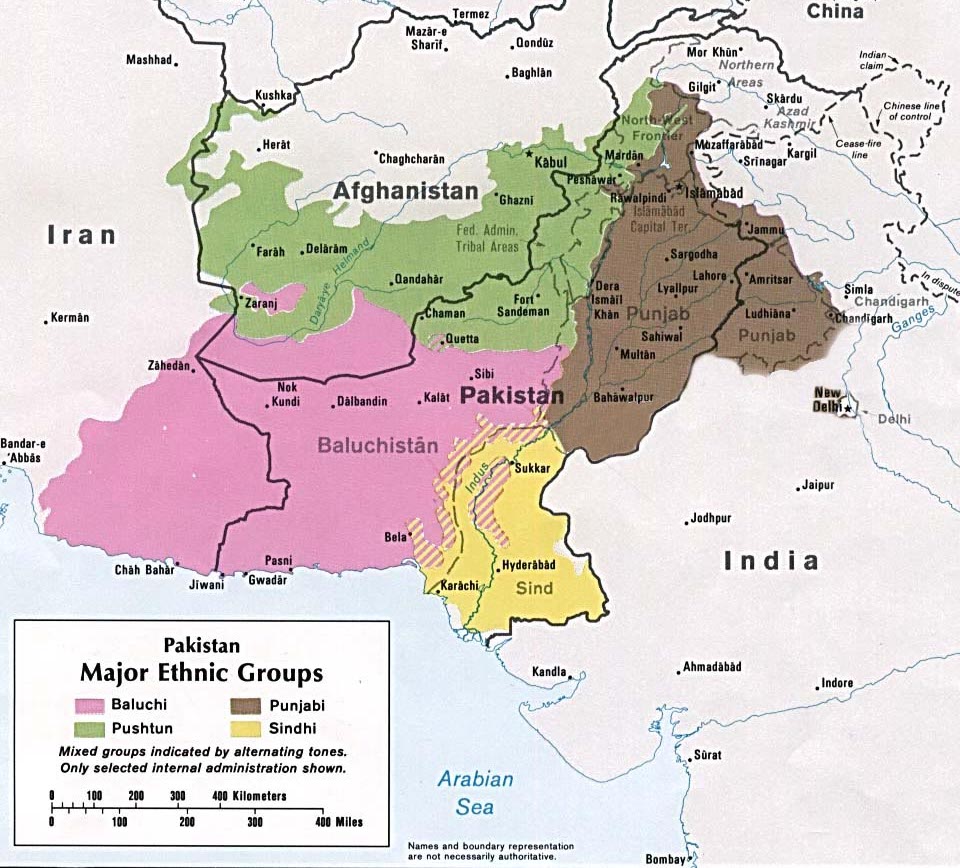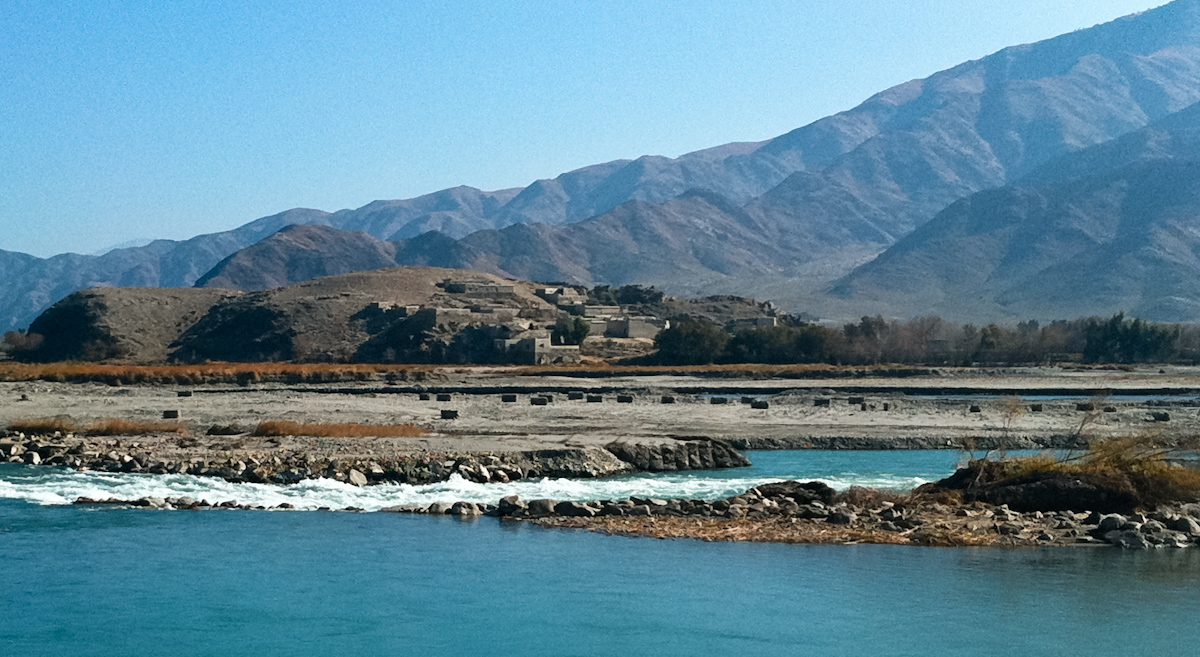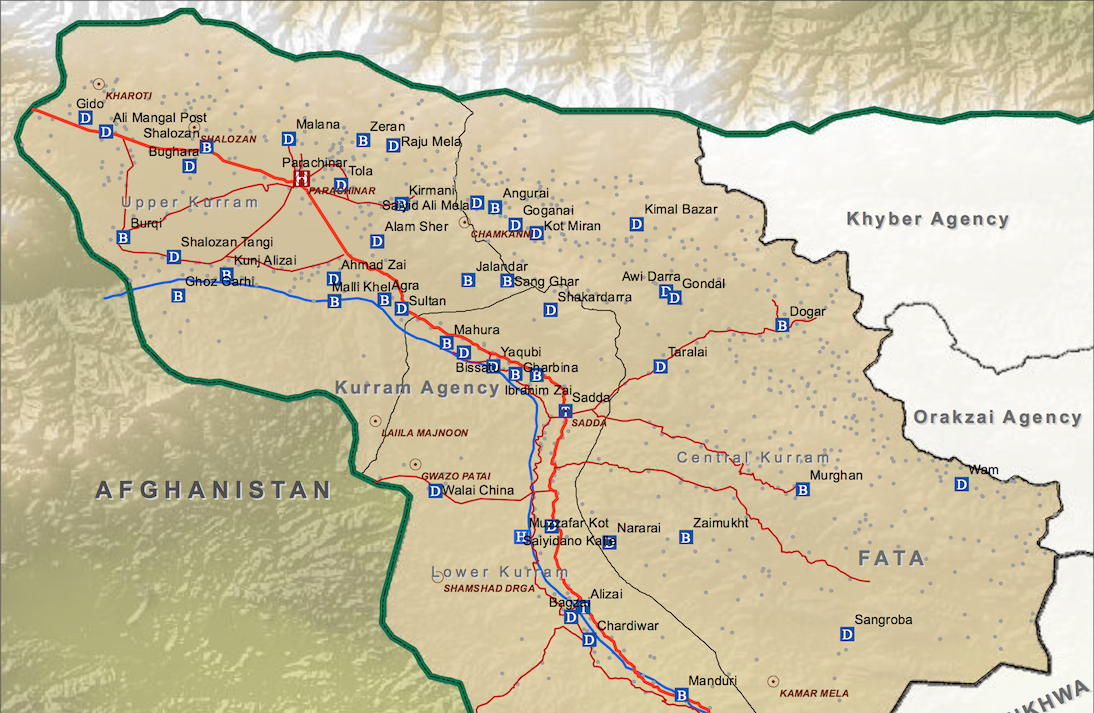
Pakistan: truce follows weeks of sectarian clashes
A ceasefire agreement was reached between two warring tribes in Pakistan’s restive Khyber Pakhtunkhwa province following weeks of clashes that left 130 people dead in Kurram district, along the border with Afghanistan. A Grand Jirga of tribal leaders was called to mediate the truce. The violence exploded when a convoy of Shi’ite pilgrims traveling to a shrine in Peshawar was ambushed by armed assailants, killing at least 42. The ensuing clashes pitted members of the mostly Shi’ite Bagan tribe against their Sunni neighbors, the Alizai, with shops and homes ransacked and whole villages displaced. A land dispute between the two tribes had also caused clashes that led to 50 fatalities in September, and ended when some 100,000 local residents marched for peace. (Map: USAID via ReliefWeb)



